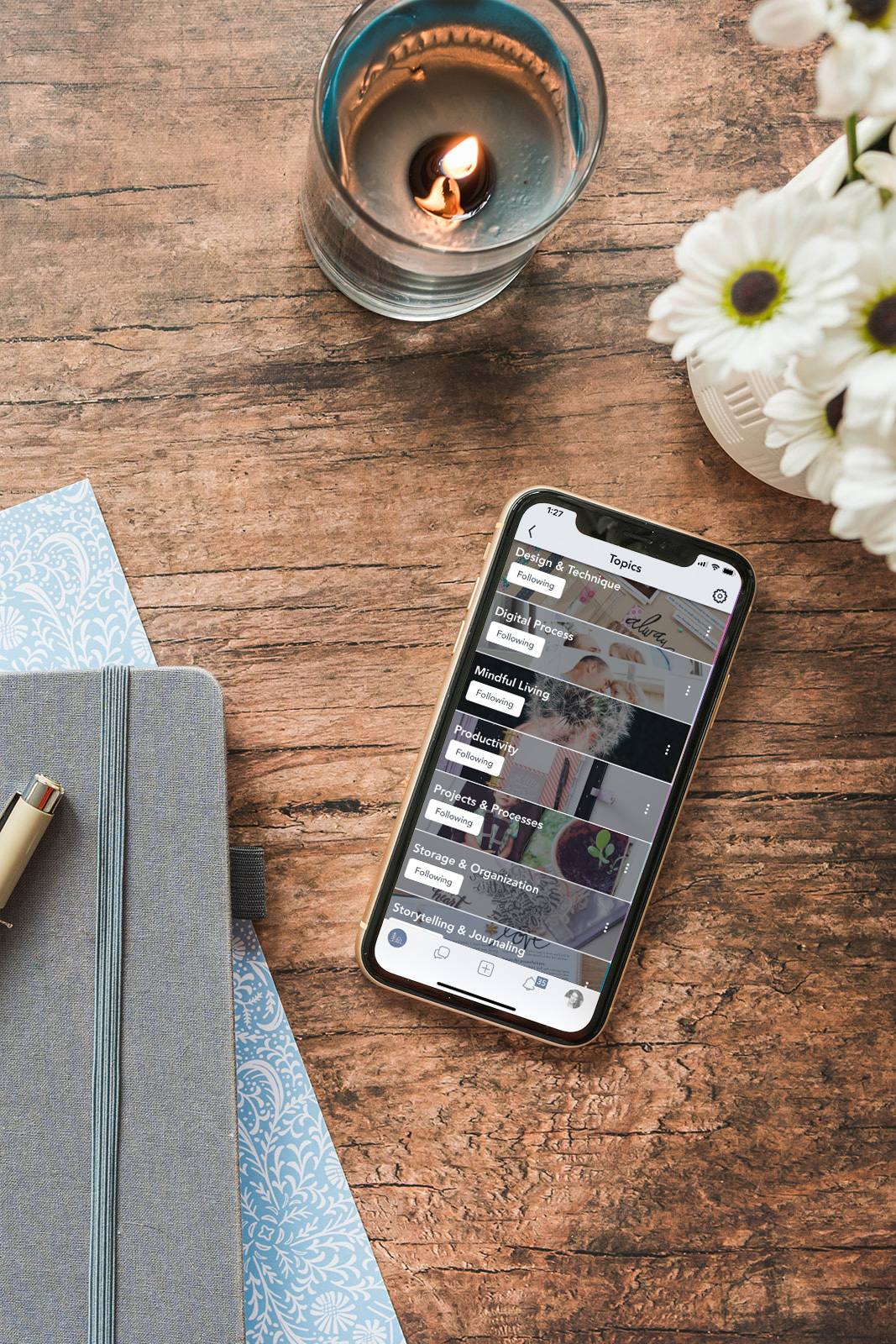This is a guest post from team member Van Nguyen.
I take my role as the family scrapbooker very seriously. To most of the world, my family’s stories and memories are meaningless. We are not rich or famous. We do not have lofty titles. We did not create Facebook or Pinterest. Hundreds of years ago, the stories of normal people like myself would be lost from the chronicles of history. As Winston Churchill said, “history is written by the victors.”
But we no longer live in the medieval ages where only the victors have a voice. As a scrapbooker, I have the ability to document and memorialize any of my family’s stories. However, these stories are often told in my voice and from my perspective alone. What I forget (and I think most scrapbookers are guilty of this) is to interview and ask others how they remember those same moments to further enrich our documented family history.
With a background in both public history and law, I have learned that many of the interviewing skills across all these different disciplines are the same. So, for your scrapbooking and family history documenting needs, here are my top five tips on how to conduct a successful interview.
1. Think about who you are interviewing. Knowing your interviewee (i.e. age, personality, likes and dislikes) will help inform how to create the most comfortable interviewing environment for both of you. For example, if you are interviewing your grandfather, you might think about what time he is most alert, where he would be most comfortable sitting, or how long the interview might take. If you are going to bombard him with a lot of questions, consider breaking up the interview into a number of shorter sessions instead of one long and exhausting one.
2. Have your questions prepared. Know what you want to talk about. Have specific questions or topics that you want to discuss written down. However, also be prepared to stray away from your question list if the situation arises. Nothing is better than just having a fantastic discussion with your loved one. But having a question list on hand will help to keep you focused and your interview on track.
3. Ask open ended questions. When drafting your questions, make sure that they are open ended (i.e. not just a yes or no question). This encourages the interviewee to provide details and share anecdotes that she might otherwise not have shared. Also, when asking questions, don’t be afraid of silence. Give your interviewee some time to ponder the questions and develop an answer. Silence is golden.
4. Bring specific items to the interview. Think photographs, newspaper clippings or other documents related to the topic. This may help jog the interviewee’s memory. Moreover, if you bring the photograph or memorabilia that you plan to include in your scrapbook, that might make for even more meaningful journaling.
5. Record it. And finally, if you can, make sure to record the interview…just in case. Since smart phones have their own recording apps, this should be must easier than bringing in your old cassette player. But don’t rely solely on this recording device, make sure you bring some paper and pen too to jot down those memorable quotes and stories. And don’t worry about remembering just the facts – it’s about the stories. That is the meat of the past.
Hopefully this will encourage you to go out and include other family members’ voices in your memory keeping!
Editor’s Note: Have you ever tried interviewing a family member? What did you learn from the experience?


0 Comments